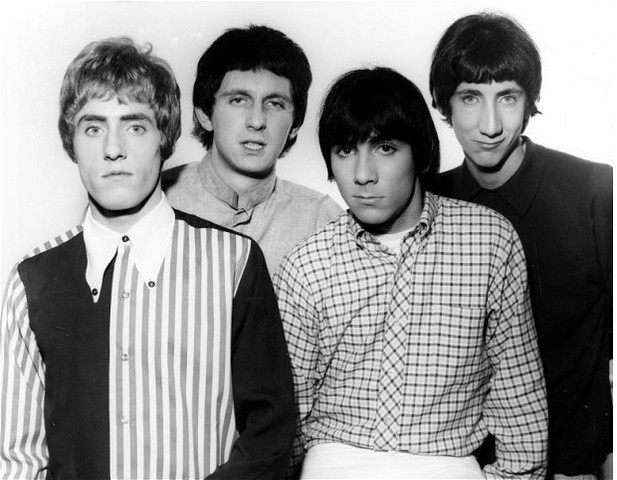


But I think the truth is being a dad was - throughout this phase was the one thing that was like, oh, you know, I'm good at that. We're all dads, and we've all struggled with all that kind of stuff, so. It was either that or brunchcore (laughter). And so eventually we just decided to kind of embrace it. SIMON: Matt Berninger and his band mates created a playlist on Spotify called Sad Dads, a label bestowed on them by their fans.īERNINGER: I mean, we've been hearing that for a long time. It doesn't do anything for me, you know? So I think I'm always trying to write self-medicating music for myself. Anytime I've tried to - like, let's write a happy song, it's not - I can't do it. And so I don't go into anything, like, with an idea of, like, making a sad or happy or angry song. SIMON: And he seems utterly comfortable with exploring that sadness, not putting on some other face for the world.īERNINGER: The stuff I connect to is the stuff that is - it's like, it makes me want to talk about things that I don't normally talk about or wouldn't otherwise.
The who band crack#
But eventually, I just - I had to crack into that again because that was the only way - you know, because the only way to get out of it is to sort of take a deep dive into it. And I was like, well, maybe I broke myself. And I was - I had a little bit in my mind that maybe I have - maybe by dwelling, writing, you know, nine records or eight records about, you know, sorrow and heartbreak and all my problems, maybe I've created this situation. I didn't want to look in the mirror anymore. I think I just - I reached the point - it was like, I didn't want to self-reflect. THE NATIONAL: (Singing) How you tapped on a box of blue American Spirits at Anyway Cafe a little under a month before.īERNINGER: I've always written about not being able to communicate, and I've always written about depression, and I've written about all these things that I was in the middle of. SIMON: But how does an artist not trust their mind when so much art depends on feeling, instinct and judgment? You know, your thoughts don't always lead you or aren't really pointing to the truth a lot of the time. Because I don't think you can always trust your own mind. And she was the one who kept saying, this is just your mind telling you that. And I was convinced that I couldn't go on stage again. THE NATIONAL: (Singing) Don't you understand?īERNINGER: But, your mind is not your friend, is something that my wife was reminding me and telling me in the lowest moments where I just thought, you know, I was never going to be able to write again. SIMON: That song is one of several collaborations on the album, this one with Phoebe Bridgers. It takes you by the hand and leaves you nowhere. THE NATIONAL: (Singing) Don't you understand? Your mind is not your friend again. (SOUNDBITE OF SONG, "YOUR MIND IS NOT YOUR FRIEND") So it triggered a song called "Your Mind Is Not Your Friend." And that was like, oh, yeah, that's kind of the - what I wanted to do to my brain, I think, a little bit. And then there are these lines about being in the ocean and in the North Pole, and so, tranquilize the oceans between the poles, was just the first line I wrote. I'm just, like - I'm just letting, like, words to pop in, and - but there was some line about tranquilizing something. And sometimes I'll just grab a book off the shelf, and I grabbed that, and I just kind of, like, skimmed over words. I mean, for a long period I couldn't write at all, and nothing was helping. The selection of these artists is based on measures such as record sales, Billboard performance, Wikipedia page views, and popularity on the online streaming platform Spotify.Ĭlick here to see the 100 most popular rock bands of all time.Ĭlick here to see our detailed findings and methodology.MATT BERNINGER: Well, I was struggling to write. has identified the 100 most popular rock bands of all time. Using a number of different metrics, 24/7 Wall St. Yet while many have turned their backs on the genre, and the list contains relatively fewer recent acts compared with the more established, classic rock bands, rock and roll is still alive and well. In 2017, however, for the first time, R&B and hip-hop became the most dominant genre in the U.S., according to Nielsen Music, surpassing rock music. The music was associated with rebellion and youth. Traditionally, rock music has been especially popular among younger adults and teenagers. Not only has it dramatically altered the evolution of popular music, it has influenced fashion, human behavior, and cultural norms in general.

Rock and roll has been a huge cultural force since it burst upon the musical scene in the 1950s.


 0 kommentar(er)
0 kommentar(er)
